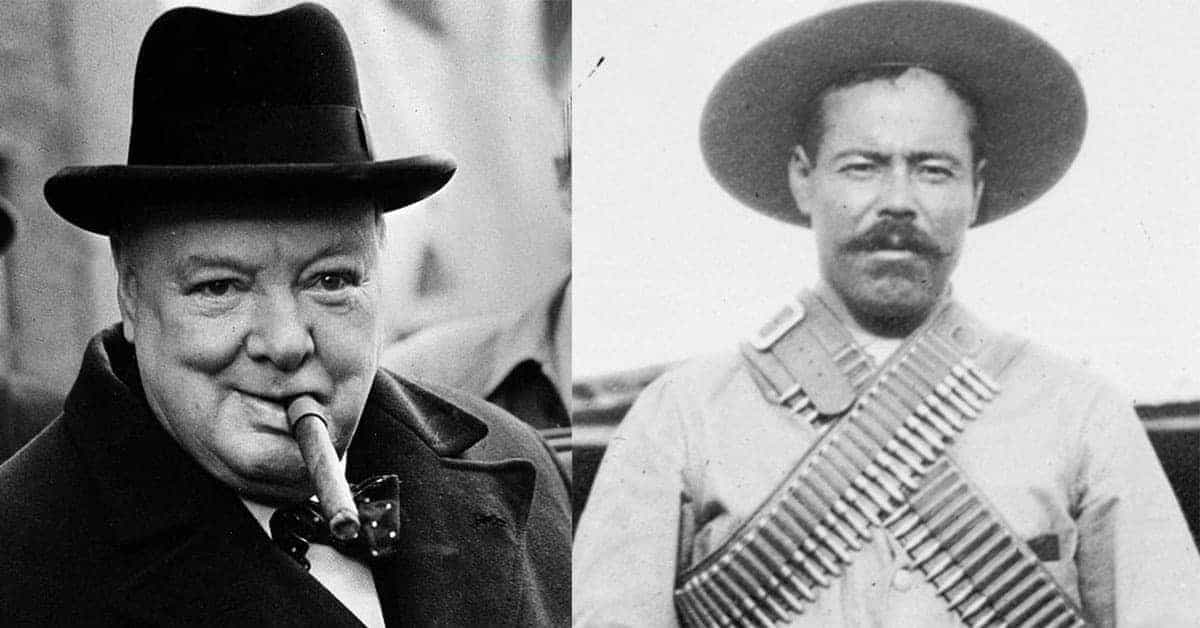From Julius Caesar’s “et tu, Brute?” to Humphrey Bogart’s “I should never have switched from scotch to martinis“, last words have always fascinated people. They could be in the form of epitaphs, suicide notes, or letters, but the ones that have garnered the most interest and held the greatest fascination have been the impromptu utterances coined by a person on the verge of death.
The way most people die, odds are that relatively few of us will be gifted with the lucidity and mental clarity to say something interesting during our final moments. And of those of us who do meet their end with lucid and relatively clear heads, fewer still will have the presence of mind to coin and utter something memorable as we shuffle off the mortal coil. And out of that small group, fewer yet will have the good fortune to have our final remarks recorded, deemed to be of interest beyond our narrow circle of loved ones and acquaintances, and thus end up transmitted down the years as preserved history.
Following are ten exceptional people who, deliberately or unwittingly, rose to the occasion and said something remarkable at death’s door, before stepping through into the Great Beyond.

John Sedgwick
“They couldn’t hit an elephant at this dista…”
John Sedgwick (1813 – 1864) was born into a family of Revolutionary War veterans, including one grandfather who had served as a general alongside George Washington. Sedgwick became a respected and competent Union general and corps commander during the Civil War, whose kindliness and paternal affection, combined with concern for his soldiers’ well-being, won him the love of his men and the nickname “Uncle John”. Unfortunately, he is more widely remembered for his ironic last words than for his solid military career.
Sedgwick from West Point in 1837 and was commissioned as an artillery officer. He served ably, and was still in uniform when the Civil War broke out in April, 1861. He was given command of a cavalry regiment, and by August, 1861, was promoted to command his own brigade in the Army of the Potomac, and by February, 1862, was in charge of his own division. He fought bravely in the Peninsula Campaign, and was twice wounded during the Seven Days Battles.
At the Battle of Antietam, Sedgwick was sent on a poorly planned charge, and his division was shot to pieces, losing 2200 men, while he took three bullets. When he recovered and returned to duty, he was promoted to command of his own corps. He won early success with his Sixth Corps during the Battle of Chancellorsville in 1863, but the battle ended in defeat.
During the Overland Campaign in 1864, he led his corps in the Battle of the Wilderness. On May 9th, 1864, at the start of the Battle of Spotsylvania Courthouse, Sedgwick was positioning his artillery when his troops came under sniper fire and grew jittery. Chiding them for their timidity under single bullets, he wondered how they would react when they confronted the massed enemy on the firing line, and faced full volleys. The men were ashamed but continued to flinch, so Uncle John Sedgwick continued: “Why are you dodging like this? They couldn’t hit an elephant at this dista…“, at which point his pep speech was interrupted by a sniper bullet striking him in the face, beneath his left eye, and killing him instantly – the highest-ranking Union battlefield death of the Civil War.

